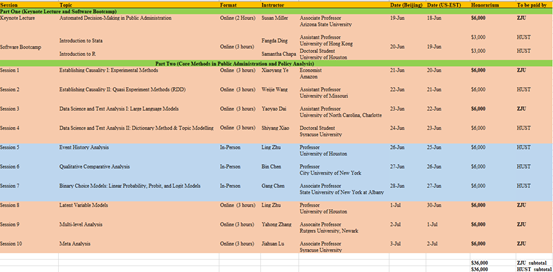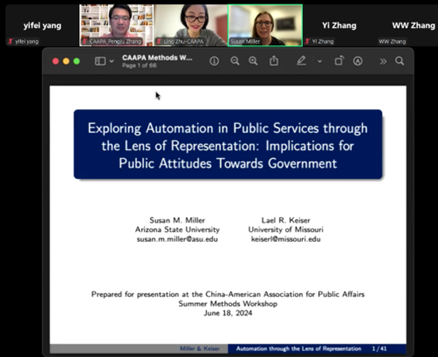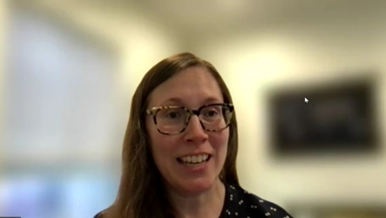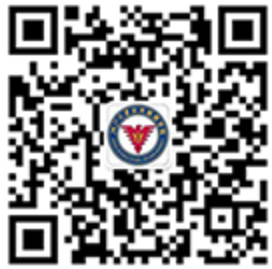
On June 19 to July 3, 2024, the School of Public Affairs at Zhejiang University, in collaboration with the China-America Association for Public Affairs (CAAPA) and the School of Public Management at Huazhong University of Science and Technology, hosted a summer workshop focused on "Public Management and Policy Analysis Methods".
The workshop commenced on June 19, under the direction of Professor Ling Zhu from the University of Houston. Professor Zhu opened the session with a brief overview of CAAPA's core mission and the objectives of the summer workshop. This was followed by opening remarks from Zhejiang University’s Vice Dean Weiwen Zhang and Dean Yi Zhang of Huazhong University of Science and Technology. Vice Dean Zhang welcomed the speakers, guests, and participants, highlighting her dual roles at Zhejiang University and CAAPA, and expressed her hope that the workshop would foster valuable exchanges and learning opportunities. Dean Yi Zhang expressed his pride in collaborating on the workshop and hoped for further deepening of ties with CAAPA and Zhejiang University to inject new vitality into academic exchanges.

After the opening ceremony, Susan M. Miller, Associate Professor at the School of Public Affairs at Arizona State University, delivered a lecture titled "Exploring Automation in Public Services through the Lens of Representation: Implications for Trust and Engagement". The lecture focused on the automation of decision-making in public administration, showcasing two specific studies. Initially, Professor Miller provided a brief introduction to the research background and theoretical framework. She then presented her published research on representative bureaucracy and automated strategies. She noted that passive representation is a crucial factor in how individuals perceive interactions with public officials or automated systems. Professor Miller also discussed her ongoing research regarding partisan representation and attitudes towards automated taxation systems. She shared two preliminary findings from this research: first, personal social capital is extremely important in face-to-face interactions, showing a preference for manual systems, but no significant differences were noted in decision-making contexts. Second, for staunch Republicans, the preference for manual versus automated systems is conditional, depending on party alignment. Finally, she offered perspectives on future directions in this field.

Susan M. Miller, Associate Professor at the School of Public Affairs at Arizona State University
During the Q&A session, Professor Miller engaged in a thorough exchange with participants, addressing questions about data preparation for research, considerations of income levels, recommendations for related literature and research directions, considerations of other public service scenarios, and manipulations in experimental settings.
Susan M. Miller is an Associate Professor at the School of Public Affairs at Arizona State University. Her research primarily explores how institutional and program design affects policy implementation and outcomes, with her work published in top journals such as the Journal of Public Administration Research Theory and Public Administration Review.


